The Fabrication/Equipment Service Engineer will be responsible for equipment troubleshooting, facilities infrastructure monitoring and support, baseline process monitoring, tool ownership, and executing contract manufacturing efforts. RESPONSIBILITIES: • Assume primary responsibility, in partnership with management, for monitoring and coordinating infrastructure and facilities level maintenance and repair needs across nanofabrication facility, including plumbing, electrical, gas lines, HVAC, cooling water, and other utilities. • Assume primary responsibility for calibration, maintenance, repair and servicing of complex equipment used in nanofabrication, including but not limited…
Category: News
UW nanotechnology infrastructure gets a boost from National Science Foundation
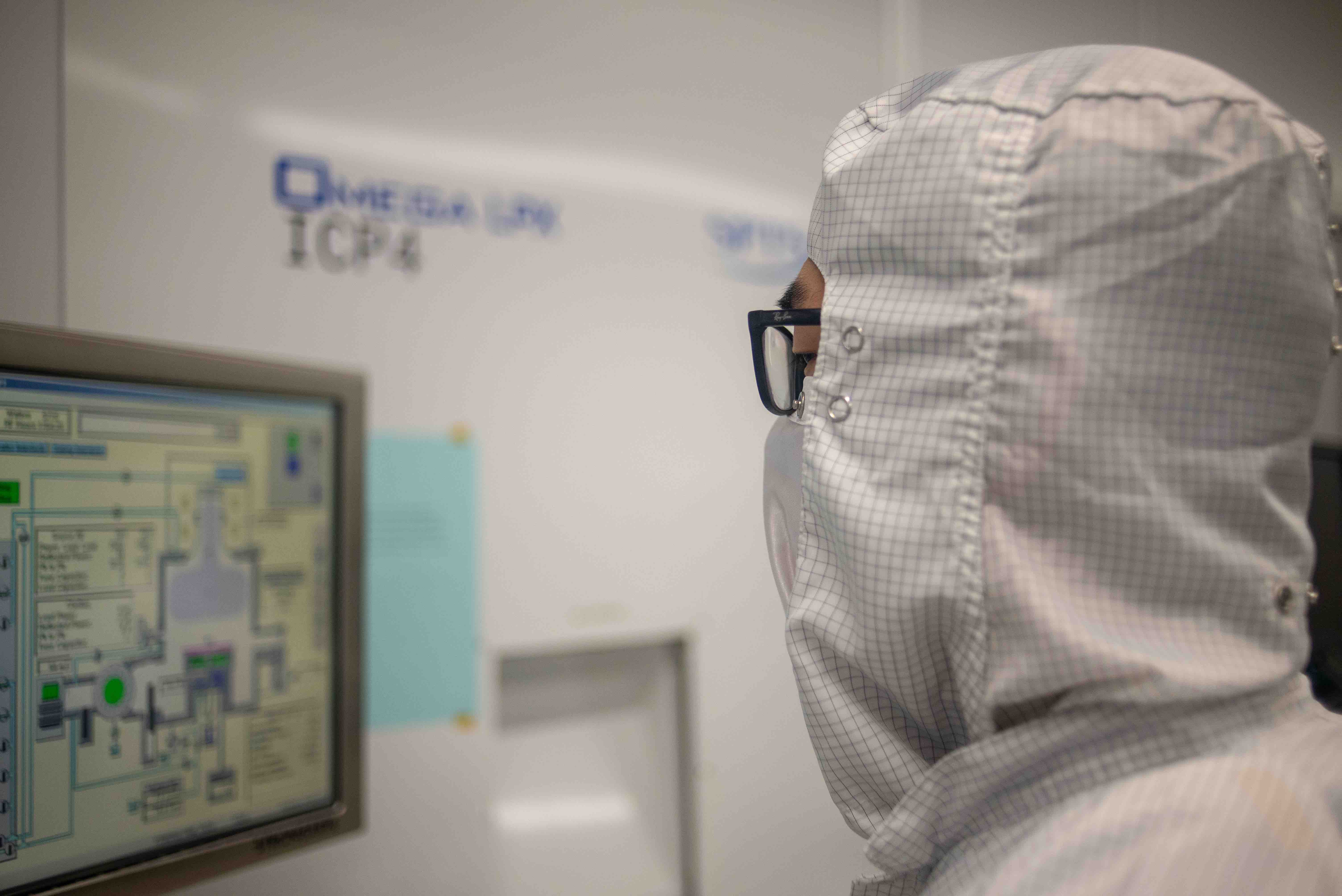
The National Science Foundation (NSF) has awarded the University of Washington and Oregon State University a five-year, $5 million grant to advance nanoscale science, engineering, and technology research in the Pacific Northwest. Known as the Northwest Nanotechnology Infrastructure (NNI), the UW and OSU partnership is one of 16 sites in the NSF’s National Nanotechnology Coordinated Infrastructure (NNCI) program providing researchers from academia and industry access to leading-edge fabrication and characterization tools at university facilities. NNI facilities at the UW include the WNF and the Molecular Analysis Facility (MAF).
User spotlight: Zheyi Han creates miniaturized optical systems for 3D imaging and biomedical diagnostics
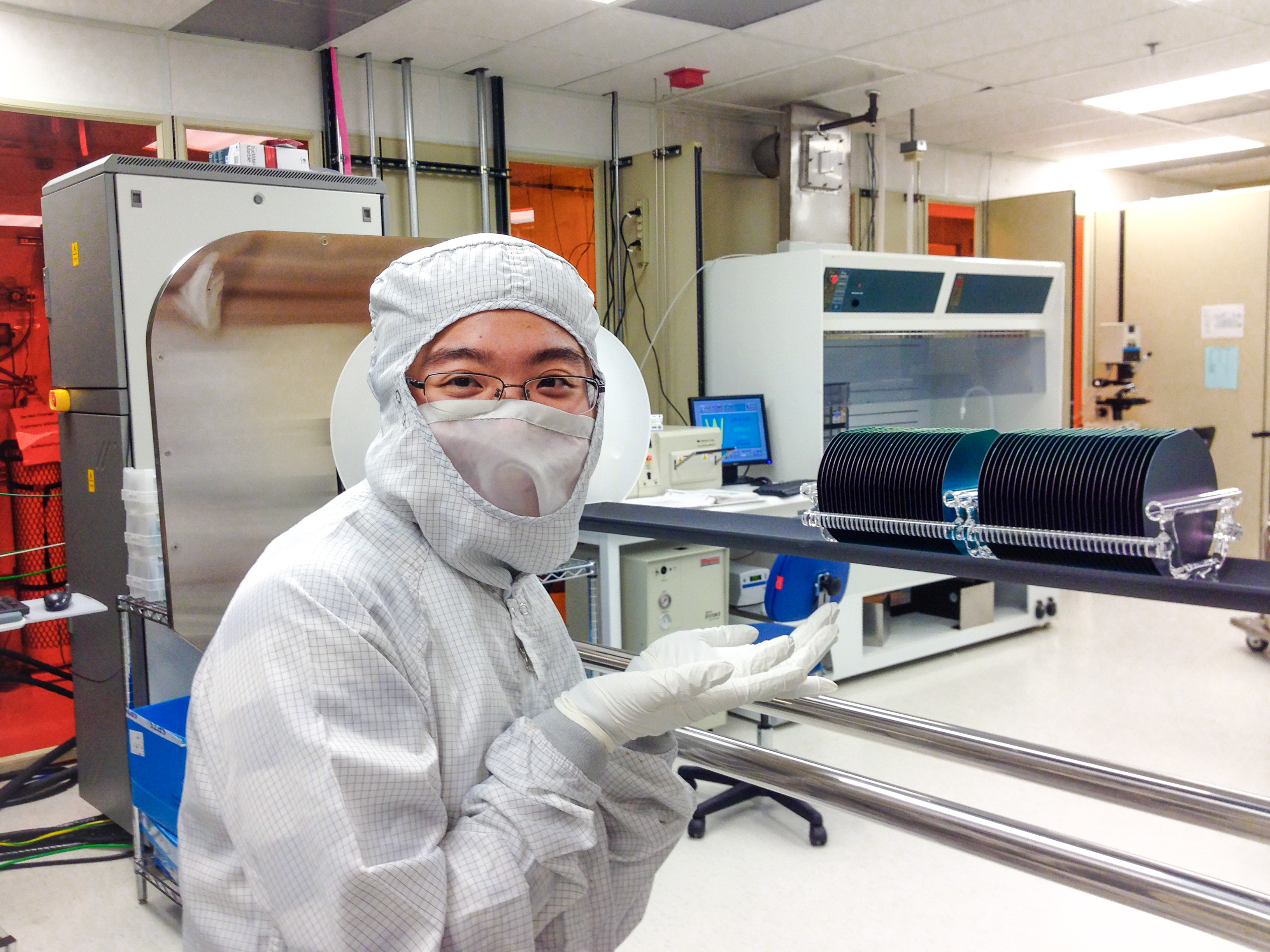
Electrical and computer engineering Ph.D candidate Zheyi Han has been a part of the WNF community as both a student worker and as a graduate research assistant for over five years. In this Q&A, she tells us about her research integrating micro-electromechanical systems into compact optical systems. She also shares her hopes of joining an industrial research lab after graduation.
Staff Spotlight: Sarice Jones, WNF Research Engineer
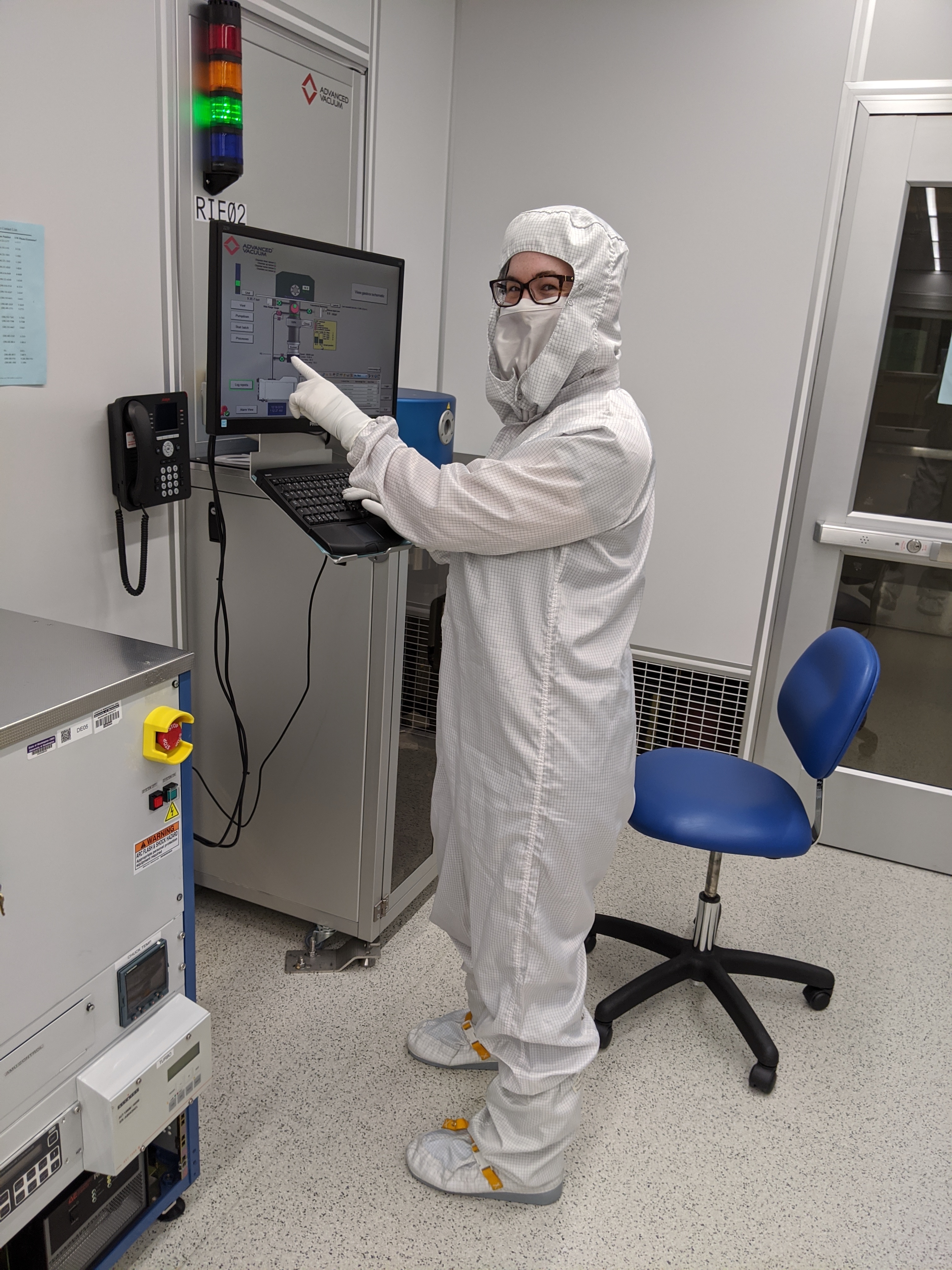
Sarice Jones is one of our newest staff members! Sarice helps ensure our equipment operates smoothly so that the users who depend on these tools for their work have reliable access to them. In the past, she has used and maintained a range of house-built fabrication equipment, teaching her the ins and outs of many complex fabrication tools. She joined WNF as a research engineer in October 2019.
Quantum Edge

The UW’s strengths in photonics, materials science, physics and electrical and computer engineering give it an edge in pursuing quantum science. Resources such as the Washington Nanofabrication Facility also help, as does the College of Engineering’s strong commitment to interdisciplinary collaboration. Learn more about how the QuantumX initiative is helping move the UW into the coming Quantum Age.
Optics startup Tunoptix wins federal grant to develop metalenses for imaging satellites at WNF
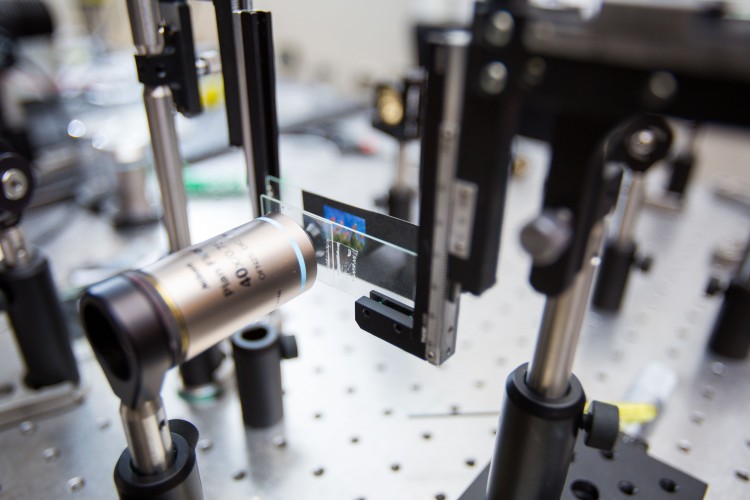
Tunoptix, an optics startup co-founded by University of Washington (UW) electrical and computer engineering professors Karl Böhringer and Arka Majumdar, was awarded $223,000 in Small Business Technology Transfer (STTR) funding from the Defense Advanced Research Projects Agency (DARPA) to develop metasurface lenses (or metalenses) for imaging in satellites at the UW Washington Nanofabrication Facility (WNF).
WNF hiring equipment service engineer

Come join our team!
NCI-Southwest WEBINAR – Integrated Nanophotonics: The Transition to High-Volume Manufacturing and Implications for Workforce Education

NCI-Southwest is co-hosting a webinar on Integrated Nanophotonics: The Transition to High-Volume Manufacturing and Implications for Workforce Education. Presented by Professor Robert Geer, SUNY Polytechnic on October 17 at 1 PM ET. Register!
Celebrating National Nanotechnology Day: A Conversation with Dan Ratner
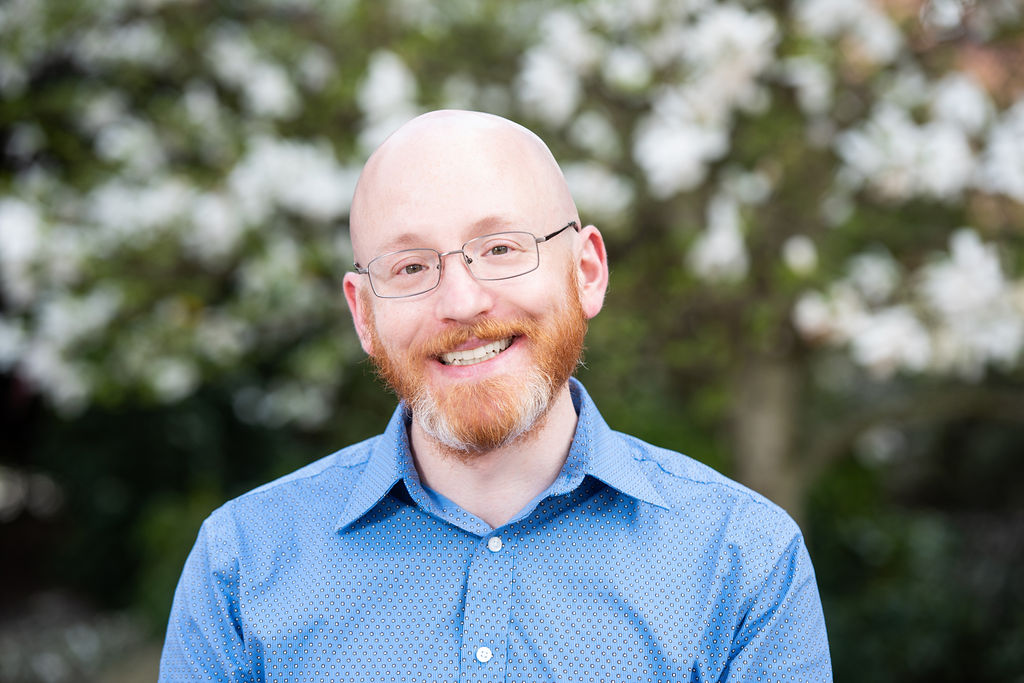
It’s National Nanotechnology Day! Celebrate by listening to our very own Dan Ratner, UW Professor of Bioengineering and our site’s NNCI lead for education & outreach, on this week’s podcast from the National Nanotechnology Initiative as he talks about his passion for sharing the awesome power of nanotechnology with the next generation of scientists and engaged citizens.
New metasurface design can control optical fields in three dimensions
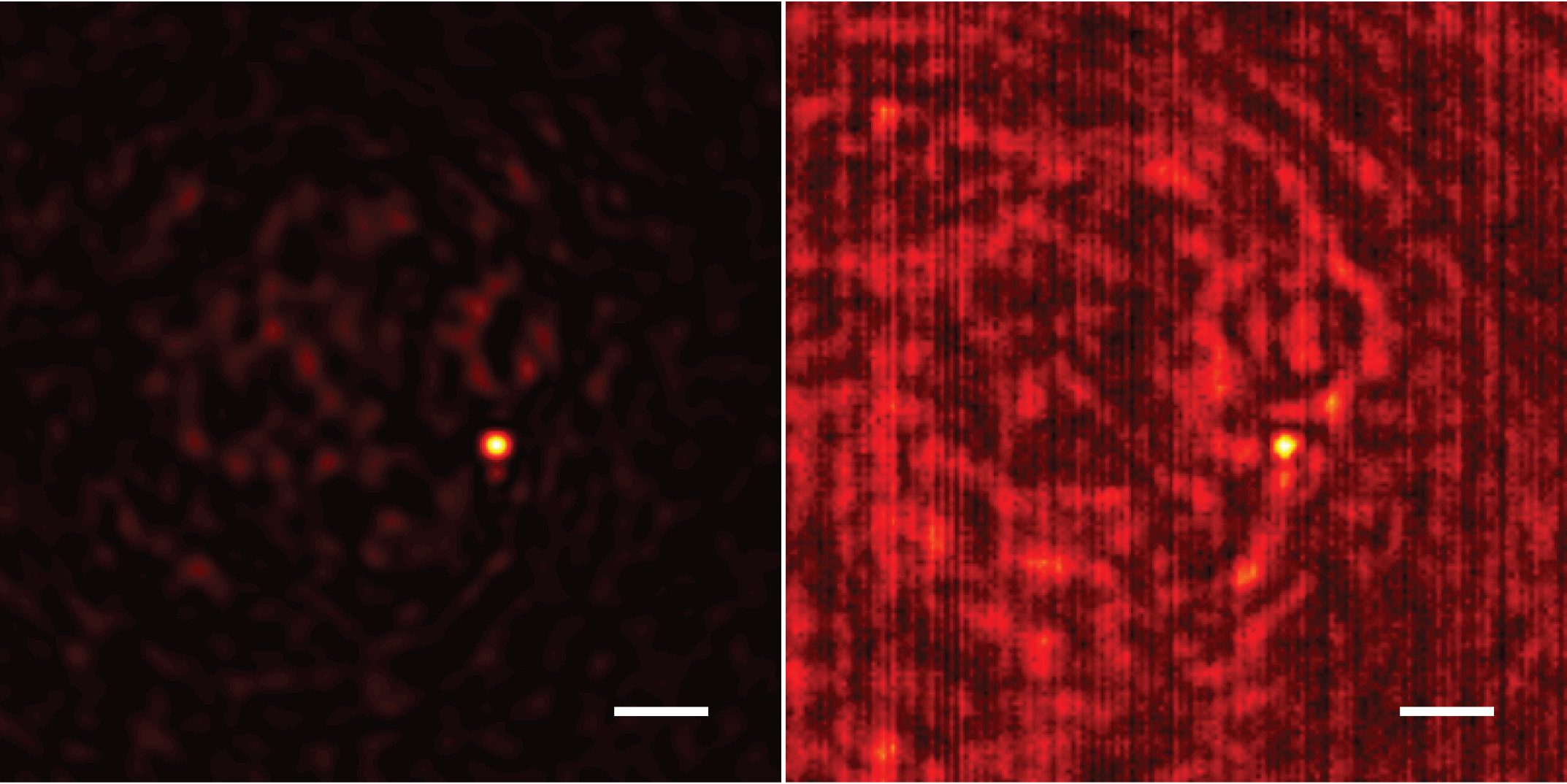
A team led by Arka Majumdar, an assistant professor of electrical and computer engineering and physics at UW, has designed and tested a 3D-printed metamaterial that can manipulate light with nanoscale precision. The device described in their October 4 article in the journal Science Advances was fabricated using our Nanoscribe GT two-photon lithography system. Says Majumdar, “No one has really made a device like this before with this set of capabilities.”